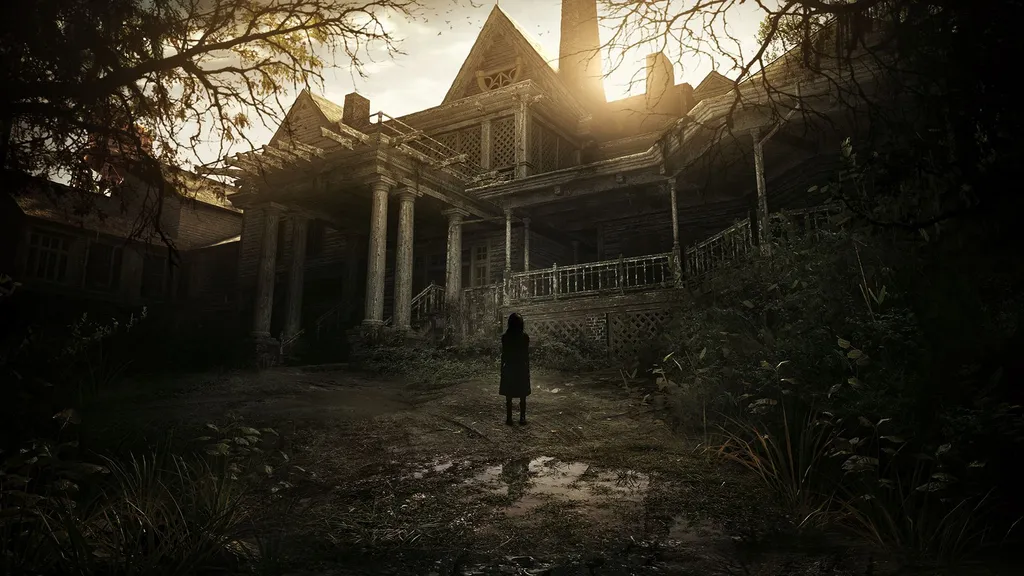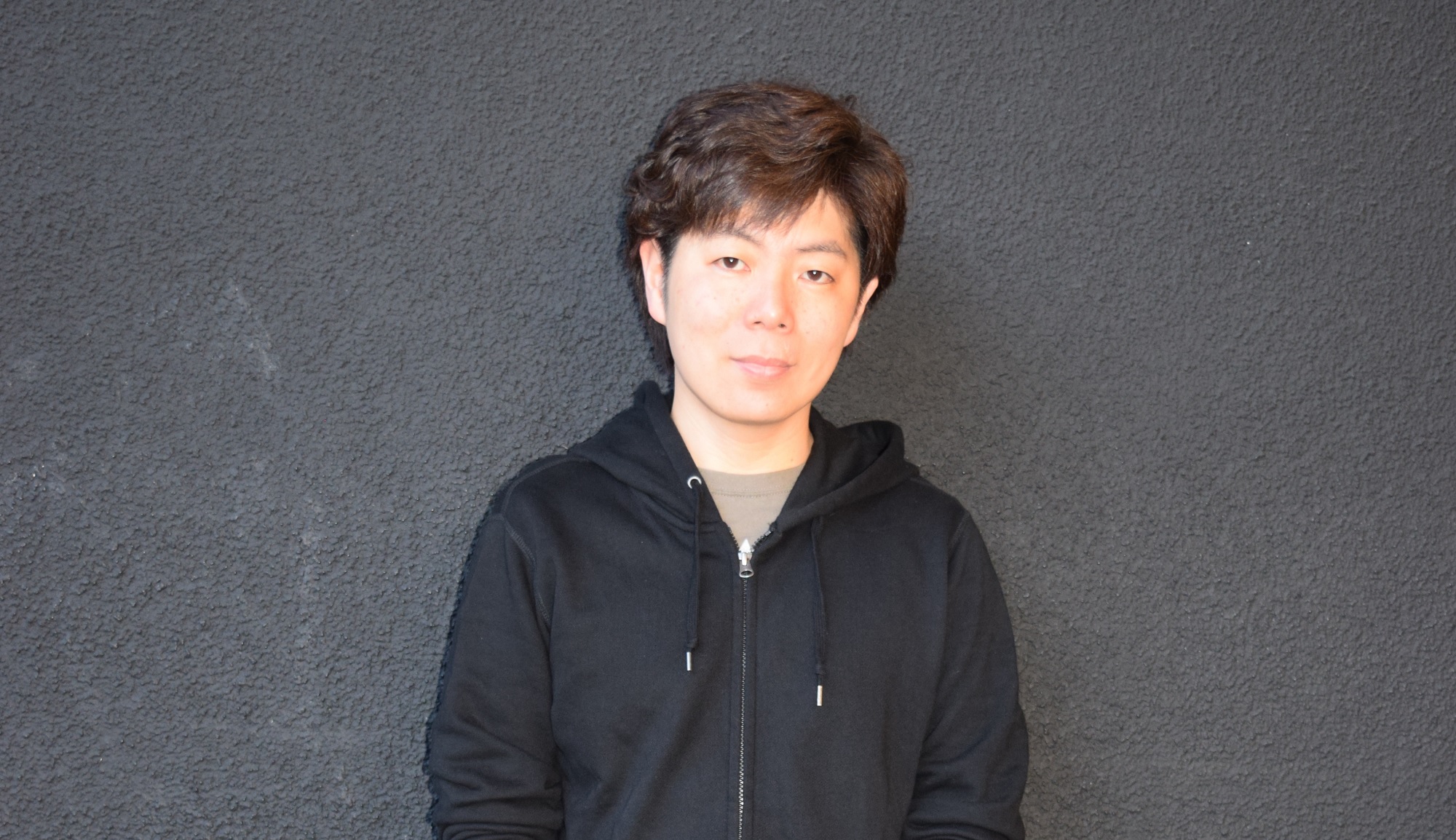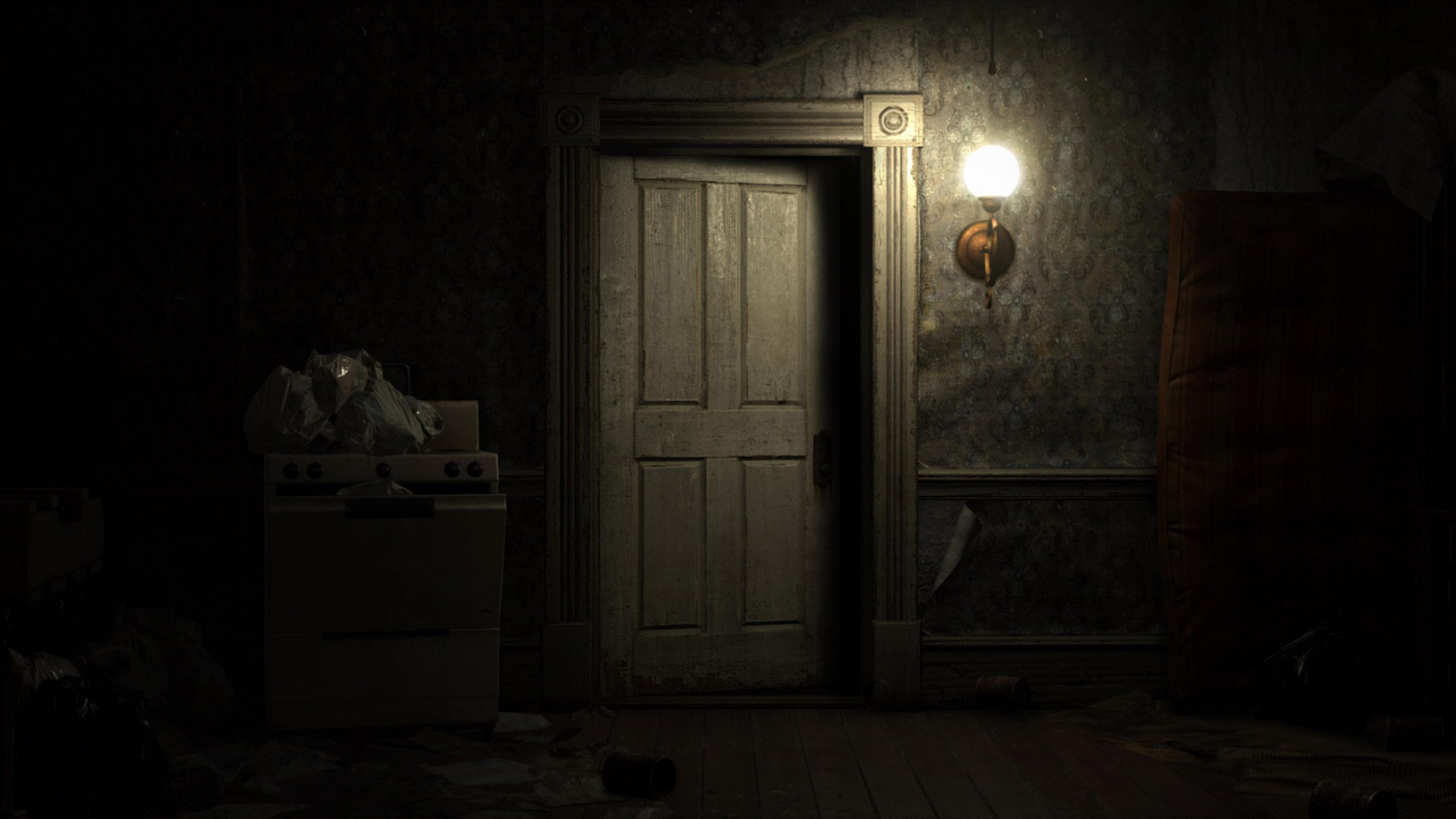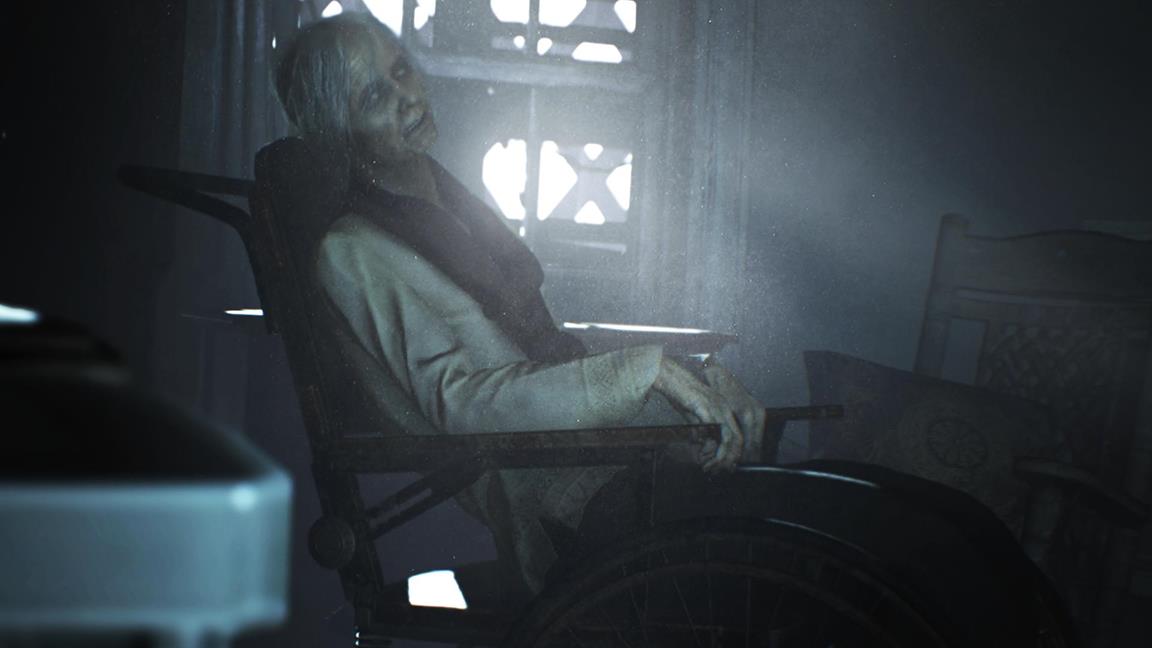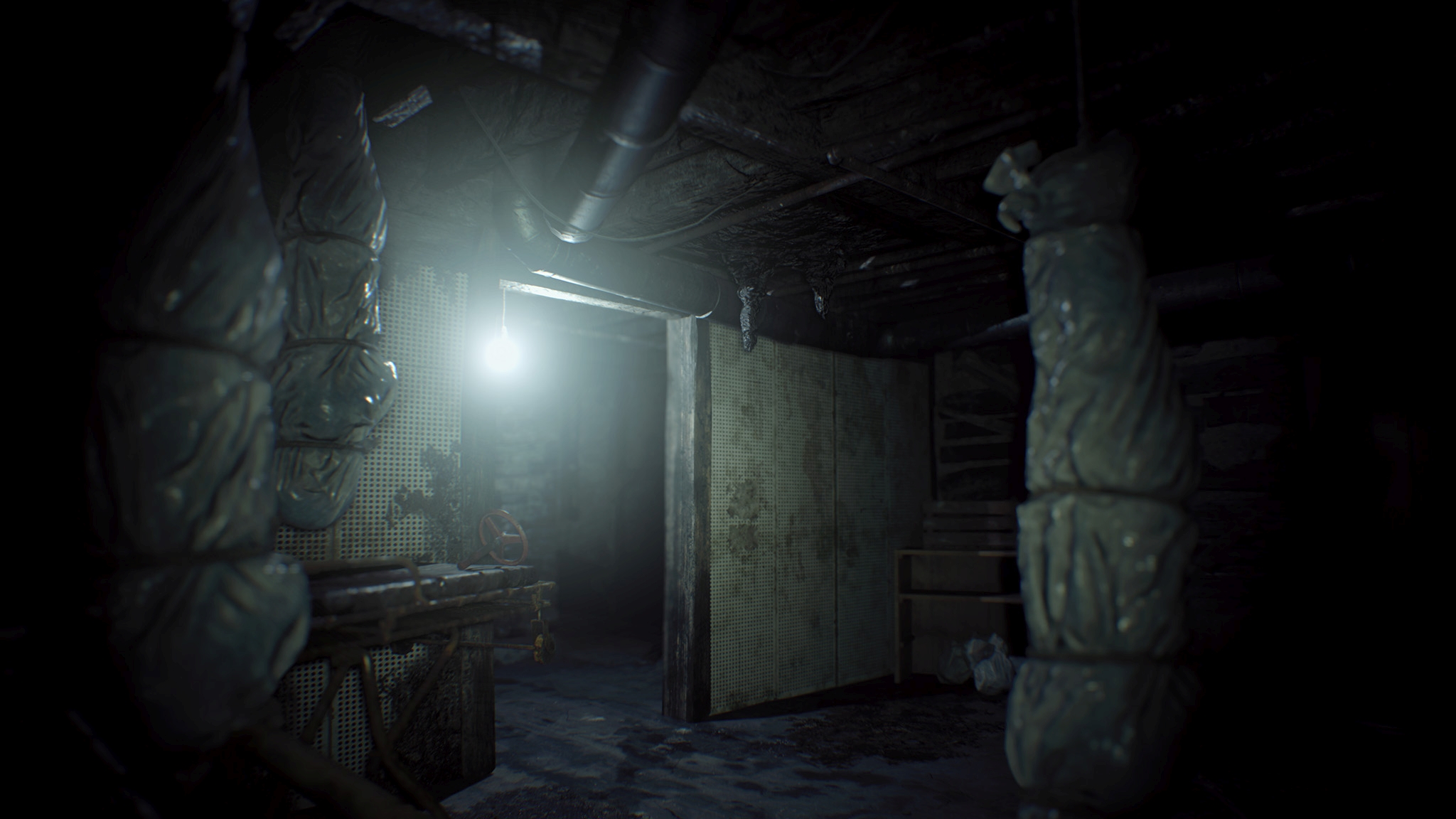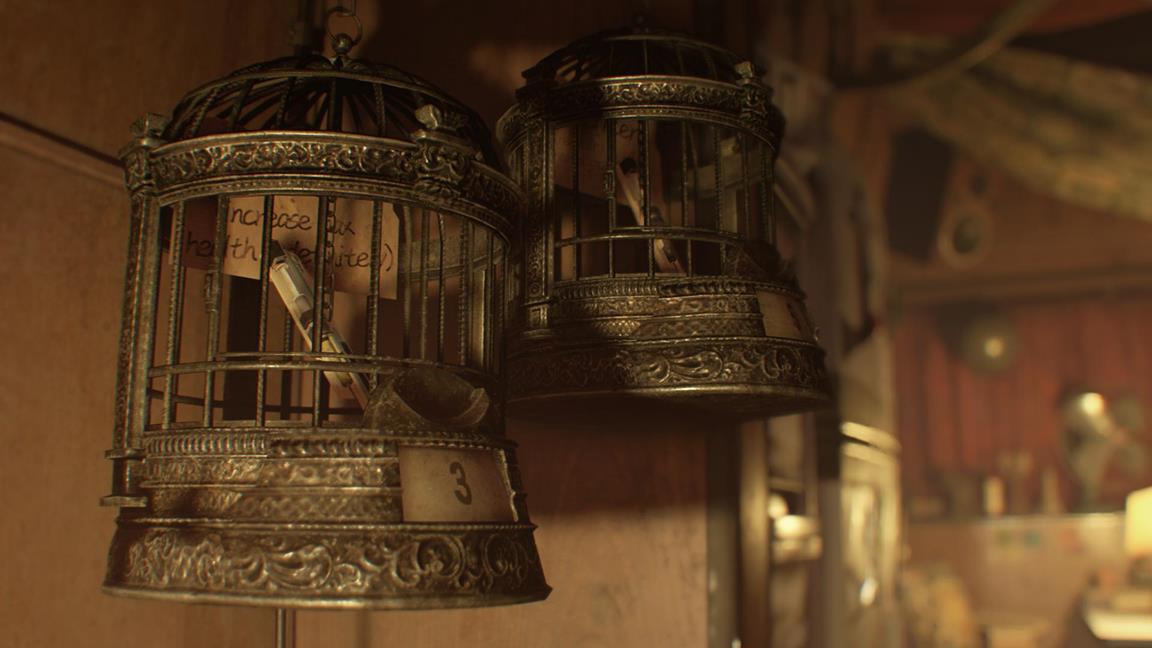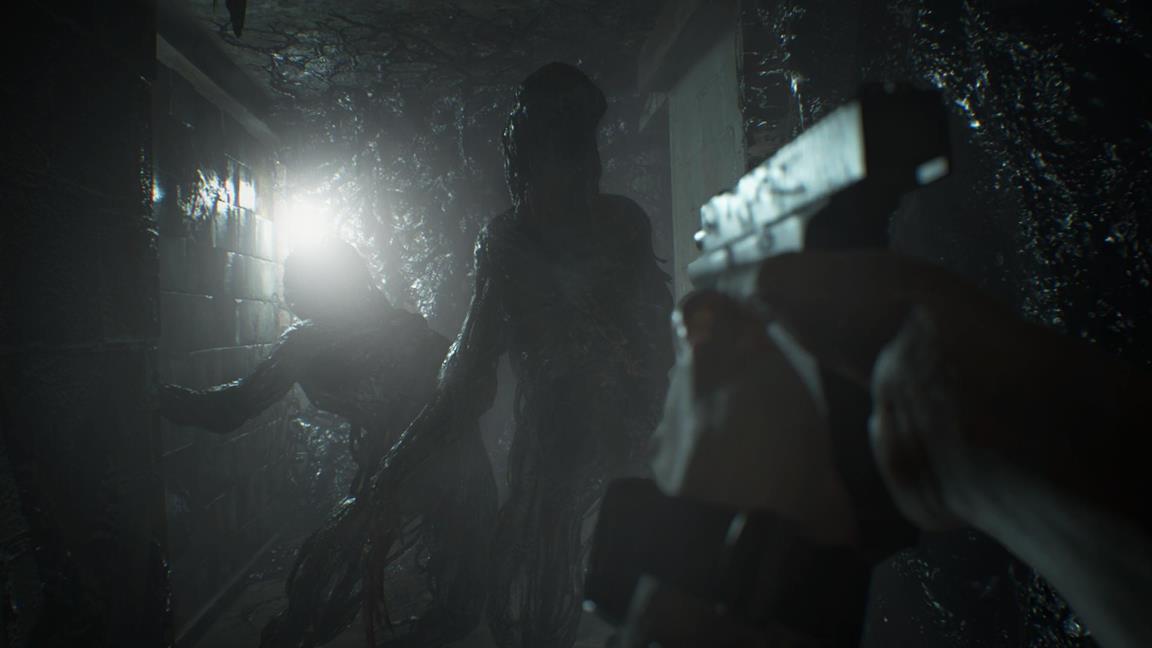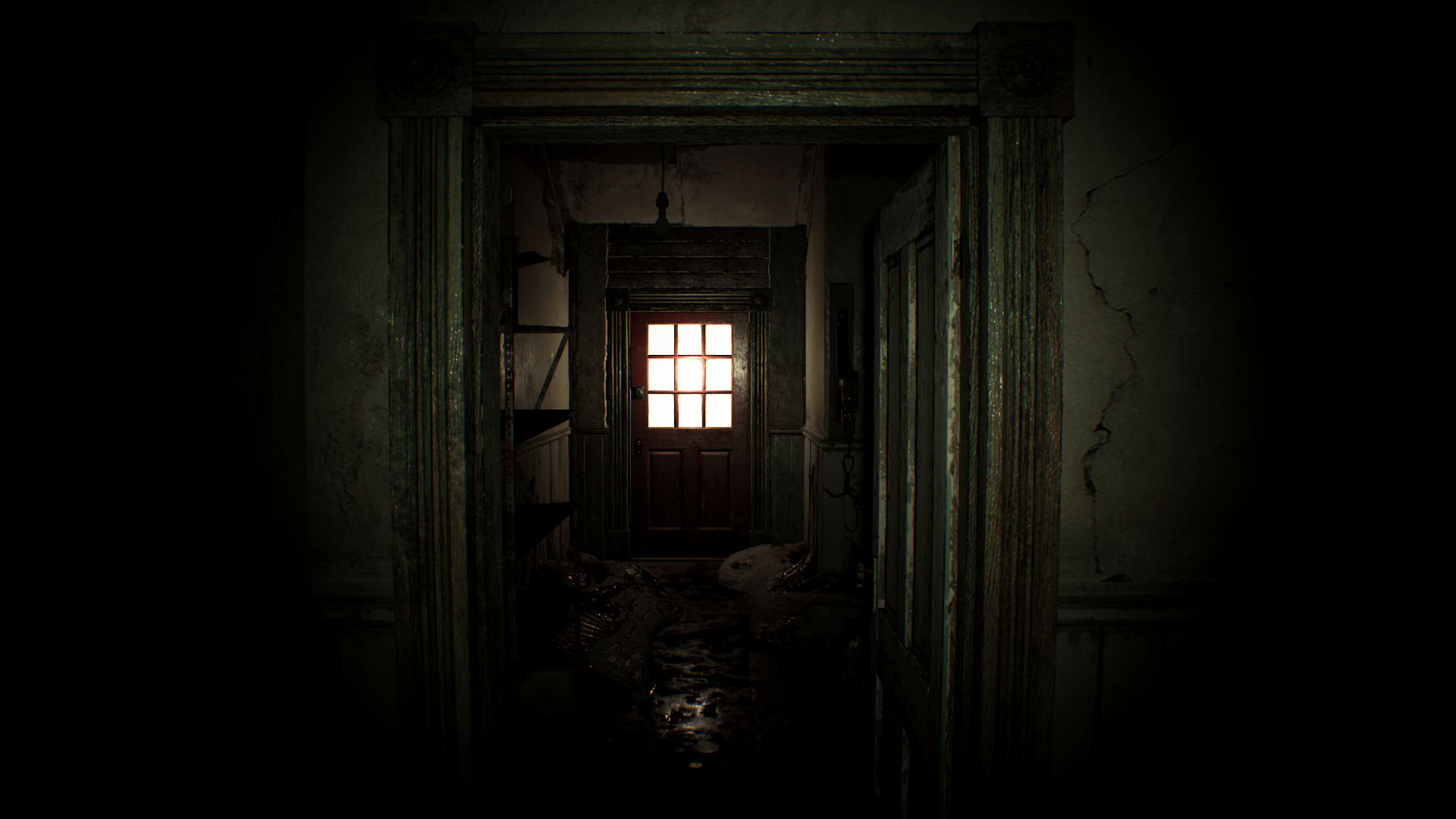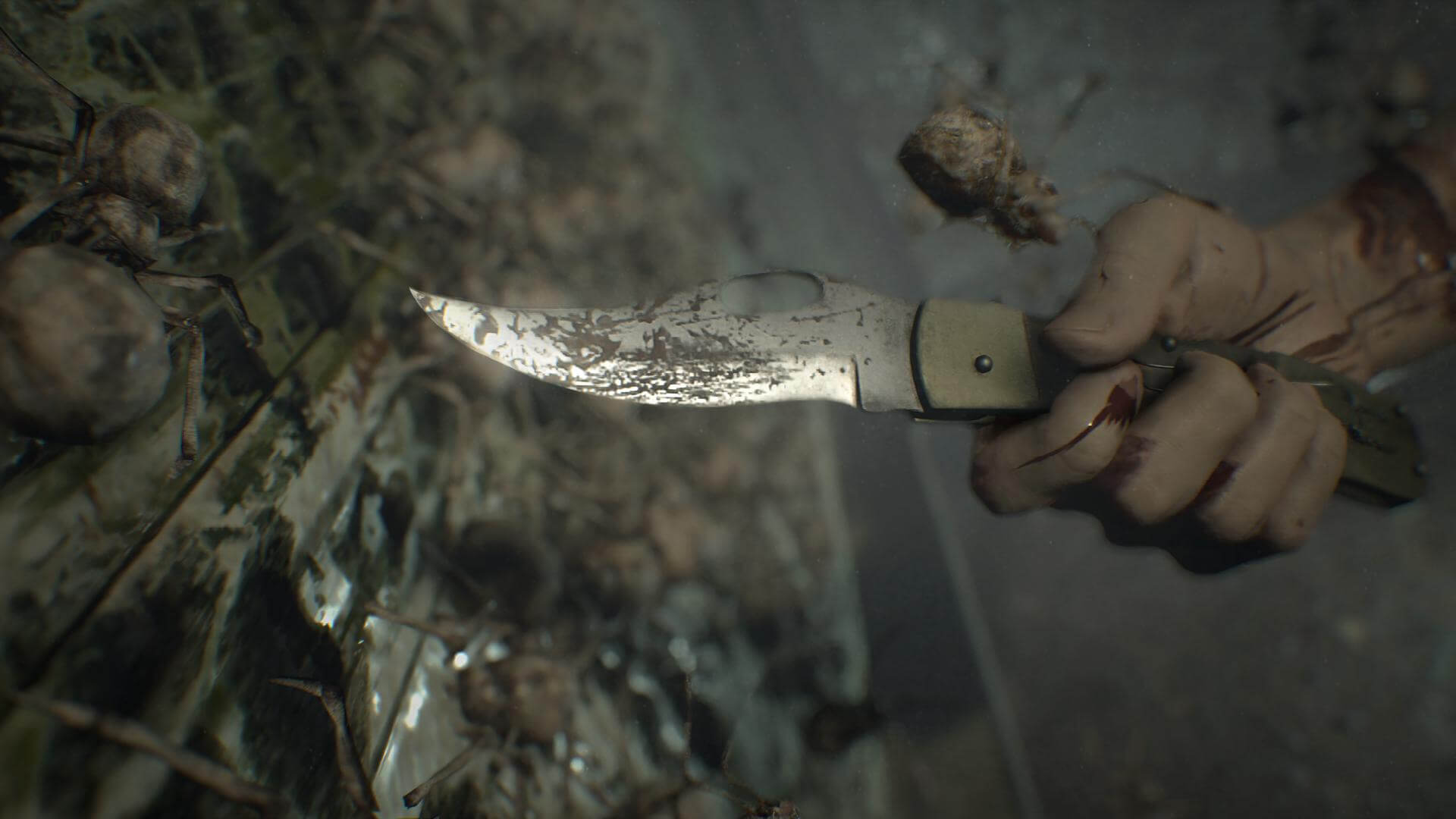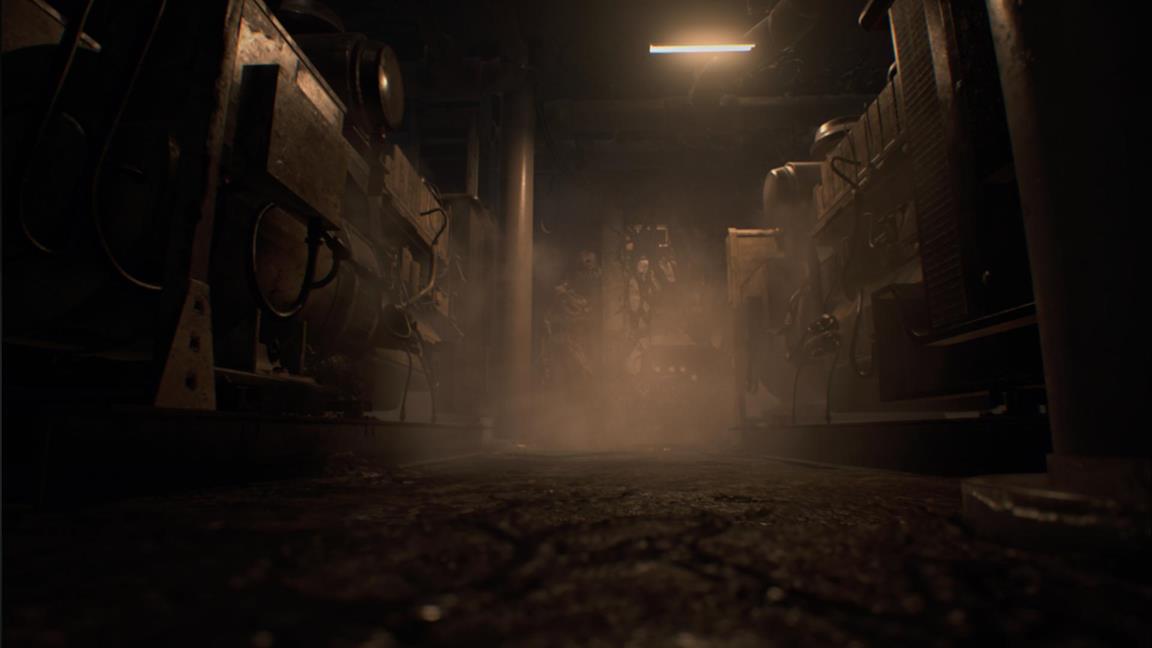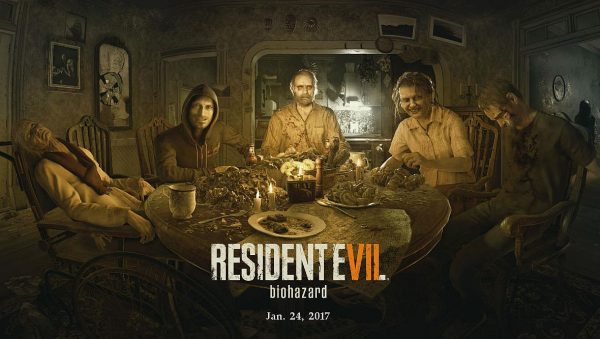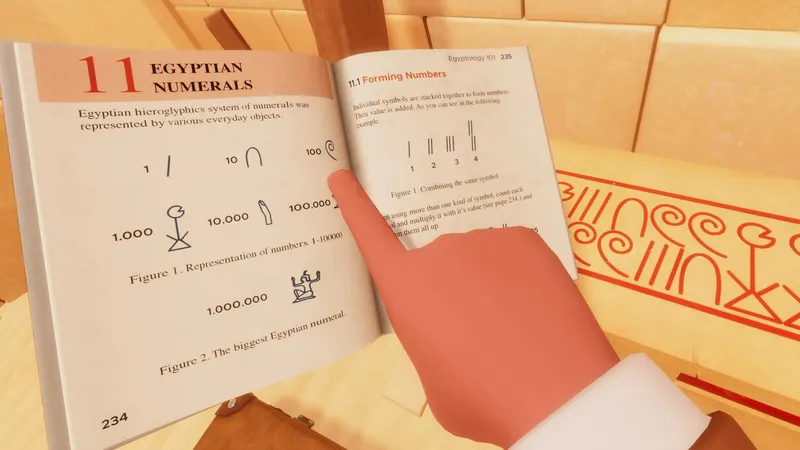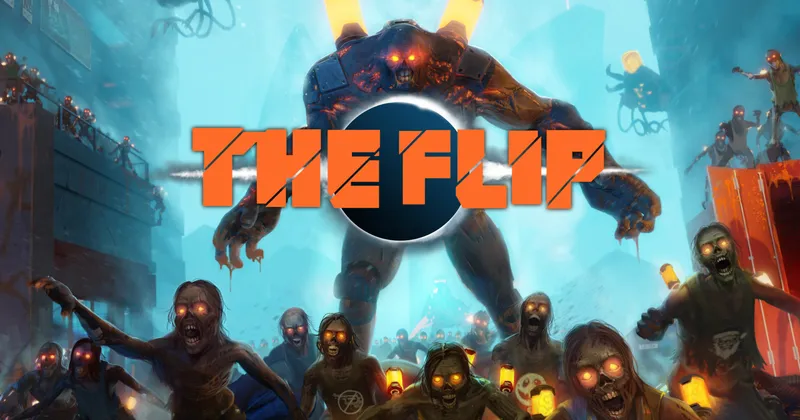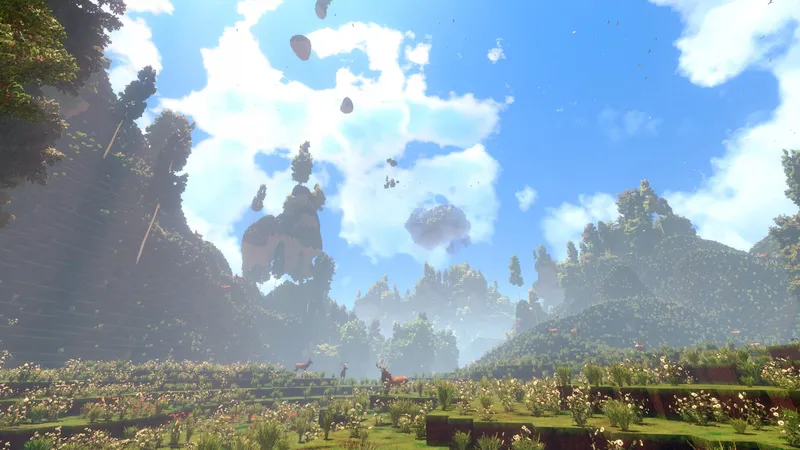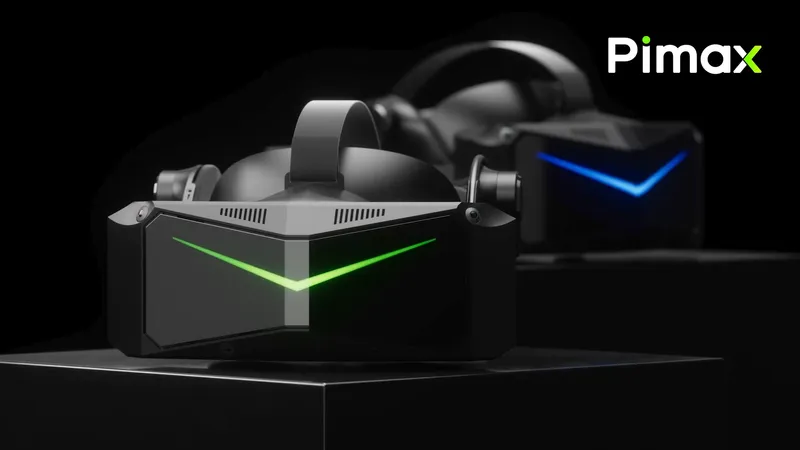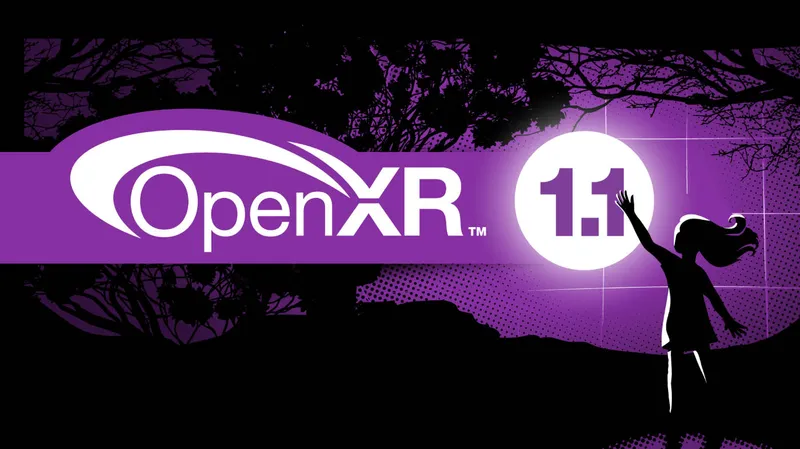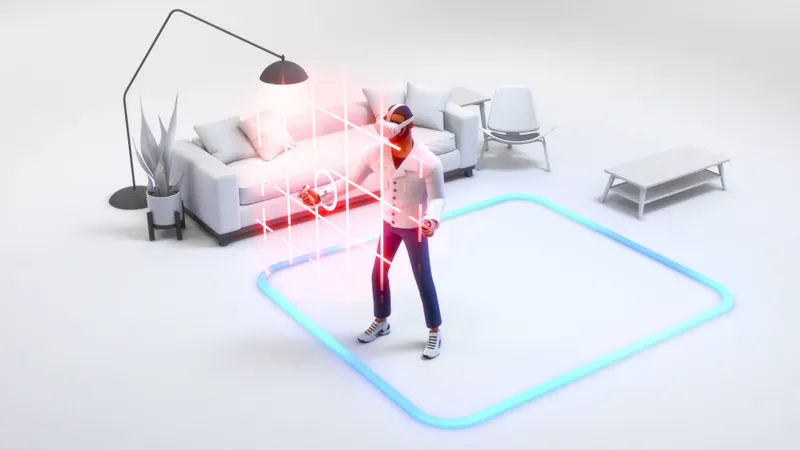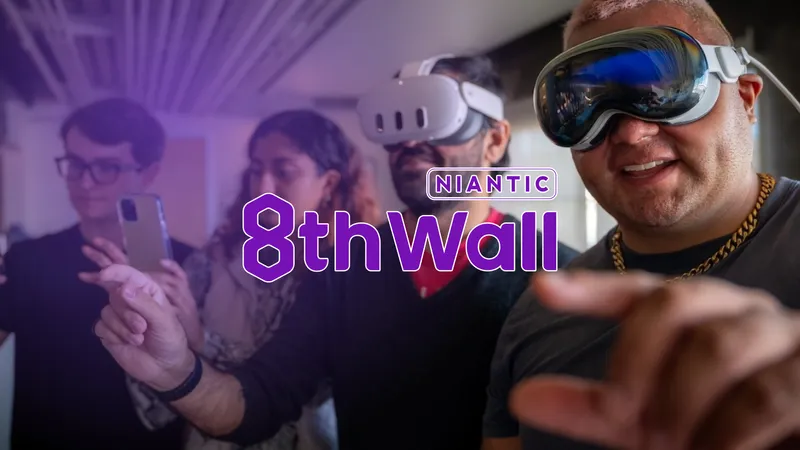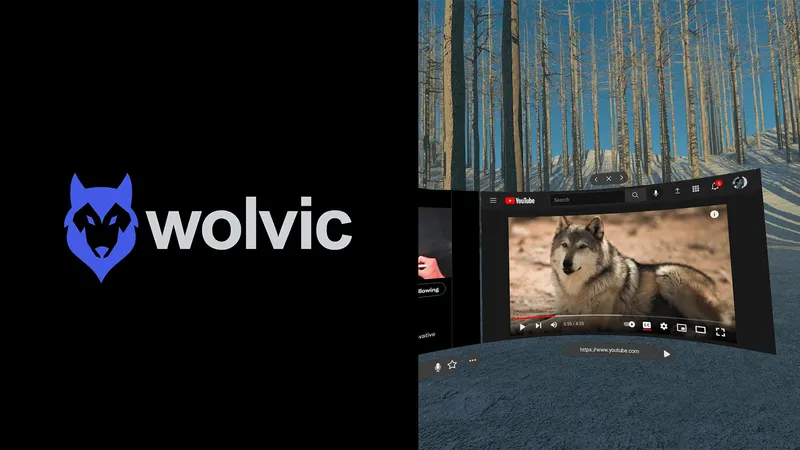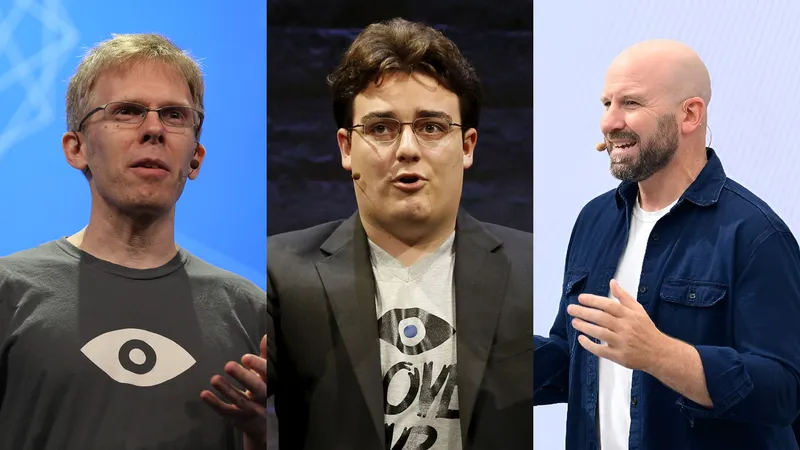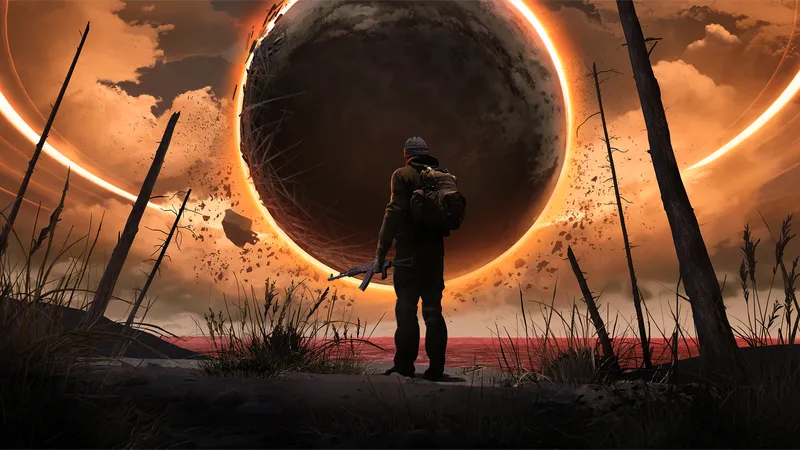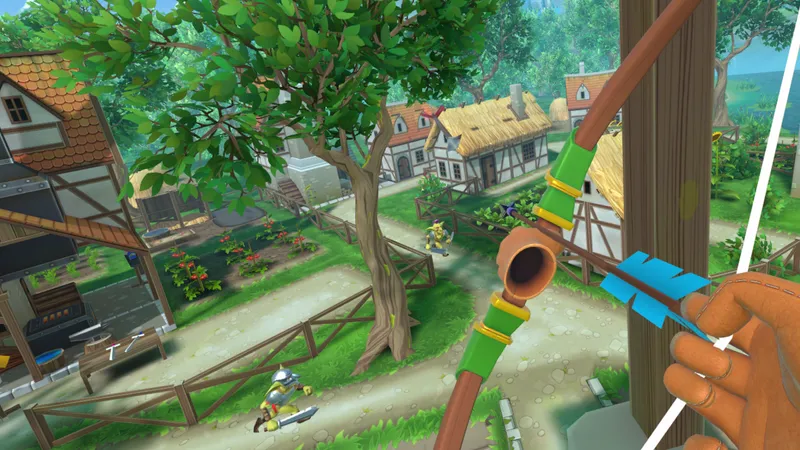One of the most highly-anticipated VR games on the horizon is undoubtedly Resident Evil 7: Biohazard. Capcom’s latest entry in the iconic, long-running survival horror series was first unveiled at Sony’s E3 press conference this year, at which point it was also revealed the entire game would be fully playable using the PS VR headset.
After many conference attendees reportedly suffered from motion sickness while playing the game, Capcom had to address those issues and have just recently released an updated VR demo, in addition to the previously released Kitchen demo, letting players get a taste of the experience in more detail before it releases early next year.
In anticipation of that release, we had the chance to interview long-time series Producer, Masachika Kawata, about the move to first-person, the inclusion of VR, and what it all means for the future of Resident Evil. His responses were provided to UploadVR after official translation.
UploadVR: Resident Evil was one of the very first survival horror franchises and helped make the genre as popular as it is today. How does RE7 continue that legacy?
Masachika Kawata: The first Resident Evil established its place in survival horror and of course Resident Evil 4 changed the franchise in addition to making its mark on the industry as a whole. After the last few games, we felt that with Resident Evil 7, it was the perfect opportunity to try something new again and create something innovative that hasn’t been seen before. I believe this is a necessity for keeping the franchise alive and continuing on.
This time around, with Resident Evil 7, the general direction and main approach wasn’t so much about taking things to a bigger and bigger scale. We actually wanted to hold back a bit in a sense, and make an experience that’s more intimate which allows for higher immersion and a deeper experience.
UploadVR: Why did the franchise move to first-person? Was VR part of that decision, or did the VR support come later?
Masachika Kawata: The decision to shift to first person view came first, especially as we really wanted to take this next game back to the series’ roots of horror. After much discussion, we decided that changing to a first person view would be the best way to immerse players even further in a survival horror environment. After that decision had been made, VR game development had become more accessible. Once we saw the success of our KITCHEN tech demo and how it proved that horror and VR worked well together, we pursued making the entire game optionally playable in VR.
UploadVR: What have been some of the biggest challenges with developing for VR?
Masachika Kawata: The first thing we discussed in developing VR was potentially just having certain sections be compatible with VR or having a separate mode for it. We had a lot of discussions on how to use this latest technology, in fact. So of course, not only was it a big challenge to get to the decision to make the entire game in VR, but then making it happen was a challenge in and of itself.
One of our big hurdles was that this is new technology so we didn’t have a lot of experience to draw from. So, we knew we couldn’t tackle this alone. We worked closely with Sony to ensure we knew about the guidelines, worked with them to troubleshoot, and collaborated closely to ensure we were making the highest quality experience.
UploadVR: Comfort issues are a really big topic for VR game developers. RE7 had some issues with making people sick when it debuted at E3, what steps are being taken to help alleviate some of those issues?
Masachika Kawata: Playing in VR is optional and how each person chooses to play will vary greatly. We want people to enjoy the game however they want to optimally play it to the very end. There are multiple ways to enjoy the game. For folks that may not have VR for instance, the game is also compatible with PS4 Pro which helps add extra photorealistic quality to the graphics in the game.
We definitely took measures after E3 to ensure we were providing as comfortable an experience as possible. For example, with the camera movement, we set it so that the camera view can be toggled left or right by 30 degrees as a default option, but we also included a wide variety of additional options for players to tailor the settings to their personal comfort and taste, as there isn’t one standard that works for everyone.
Another example is movement speed, which has been made slower in general in VR. We needed to make sure it was close to feeling like normal human walking speed to make that immersion feel more natural. In fact, we even adjusted the volume of the footsteps to be louder when in VR mode to help reinforce the fact that you’re walking in a virtual environment.
In terms of the player’s view, the field of vision is more focused on the middle when you’re in VR, so that you’re not overwhelmed in taking too much in at a time.
UploadVR: How do you balance between making people feel the terror of the franchise without going too far? VR is a very intimate way of interacting with players and some people feel that it can feel “too real” at times. Is that something you have to worry about?
Masachika Kawata: With VR, it definitely does have a heightened sense of immersion for the overall senses. Even with environments you’re using to seeing, when you see them in VR, it offers something new. In a sense, too, the way that people experience horror is subjective and can differ from person to person. If it’s too scary for someone, they can take off the headset and play it in a more open environment – it’s really up to the player to decide what best suits them. VR aside, we’ve seen a lot of remarks on social media about the game potentially being too scary, period, but we’re confident with how the story plays out. A lot of questions come up that will get answered later, so the game constantly piques your curiosity and keeps you wanting to find out more; so this motivation may help override some of the fear. To be honest, we’re not too worried about it.
UploadVR: How much of an influence have games such as Amnesia and the P.T. demo had on RE7’s development?
Masachika Kawata: Because we switched to first person perspective, it’s easy to draw comparisons to other first person horror titles. However, we actually started development of RE7 in February 2014, which was earlier than when the P.T. demo came out that year. That said, P.T. being received so well helped reaffirm that we were going in the right direction, so it did provide us insight in that regard.
UploadVR: When the first Kitchen demo was teased on PS VR, did the team know how quickly VR would grow in popularity?
Masachika Kawata: When we created Kitchen, it was ultimately a tech demo, so it was hard to say how VR would establish itself. But what we did feel was that it provided a new kind of interface where it’s not just a monitor or screen in front of you. It offers an entirely different experience altogether. Having access to this kind of technology definitely made the future more interesting in terms of how we could experience entertainment in new ways. After we saw the positive reception for Kitchen at E3, it solidified the direction to move forward with the optional VR compatibility.
UploadVR: Finally, what about VR makes it so appealing for a game like this? Why is the team at Capcom excited about the new medium?
Masachika Kawata: Resident Evil 7 not only shifts the camera to first person perspective, but it’s also a more intimate experience that emulates what you’d be doing in the real world – walking, interacting with objects, etc. All those components work well with VR.
VR has a lot of potential and it’s great that it’s expanding how we think about entertainment. It will be interesting to see how the game industry evolves and what kind of VR games get made. I could definitely see simulation games working well in VR as they’re such a natural form of gameplay for the medium.
Resident Evil 7: Biohazard is scheduled for release on January 24th, 2017, for PlayStation 4 with optional PS VR support, as well as Xbox One, and PC. It may come to other VR headsets in 2018.

